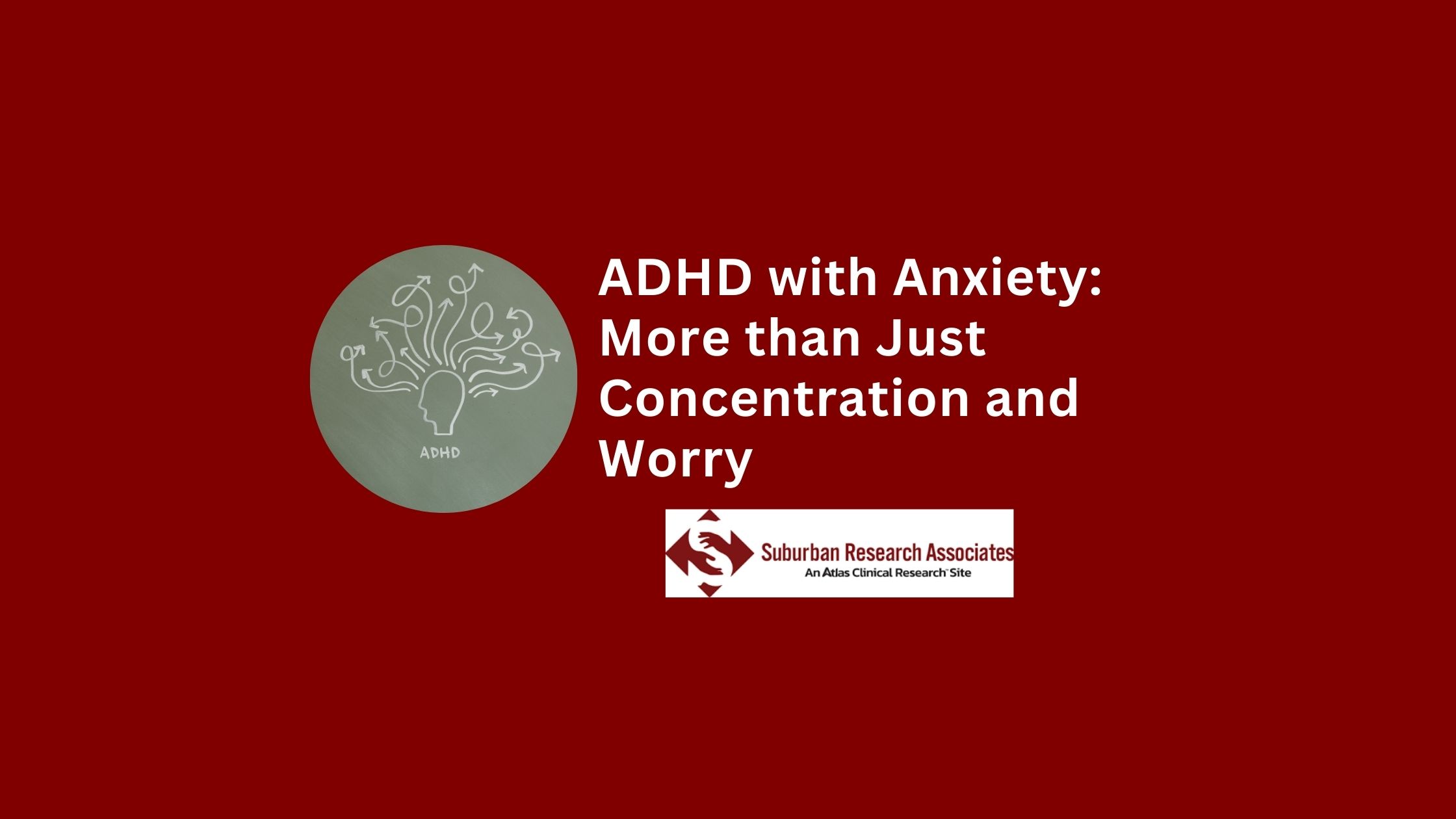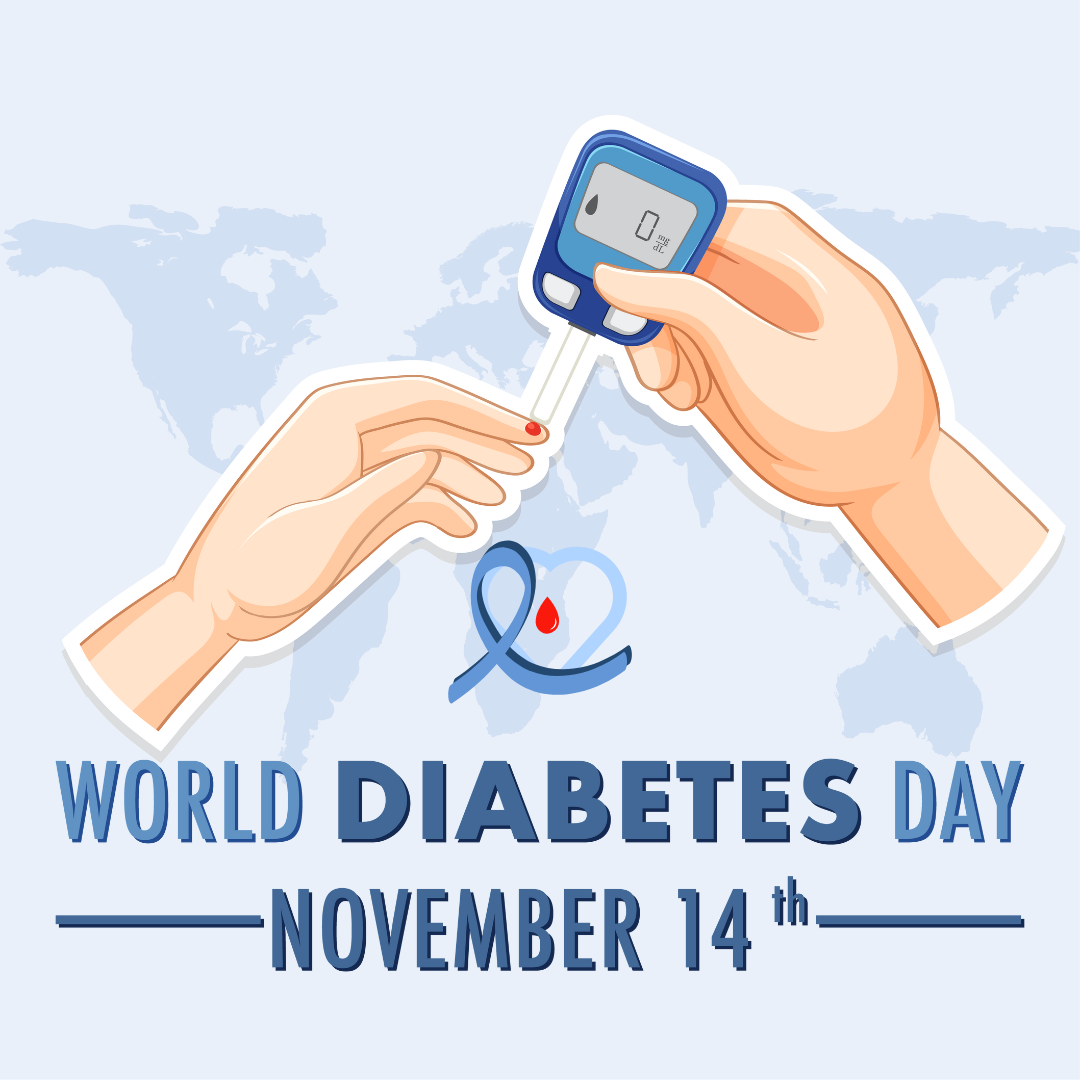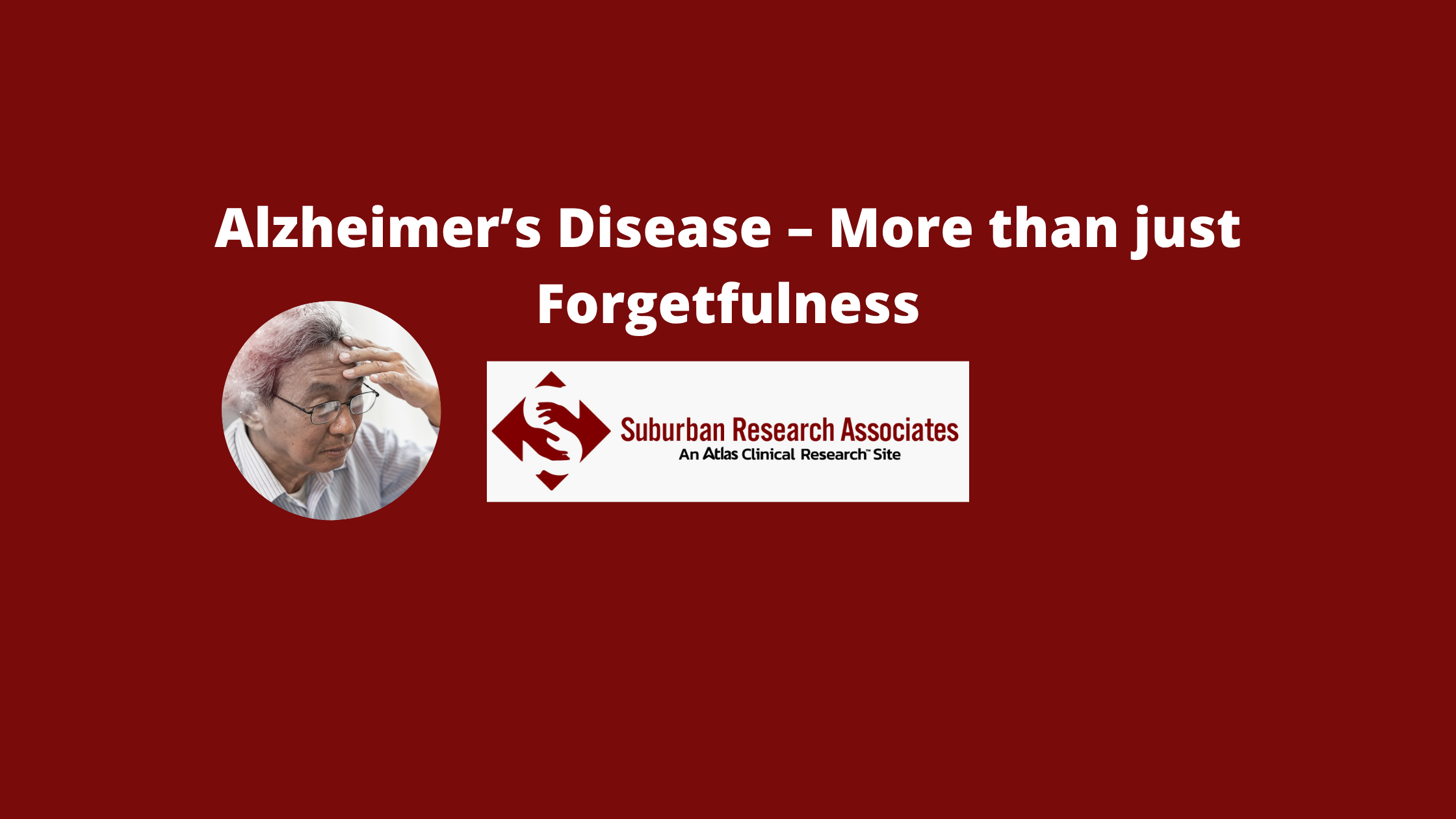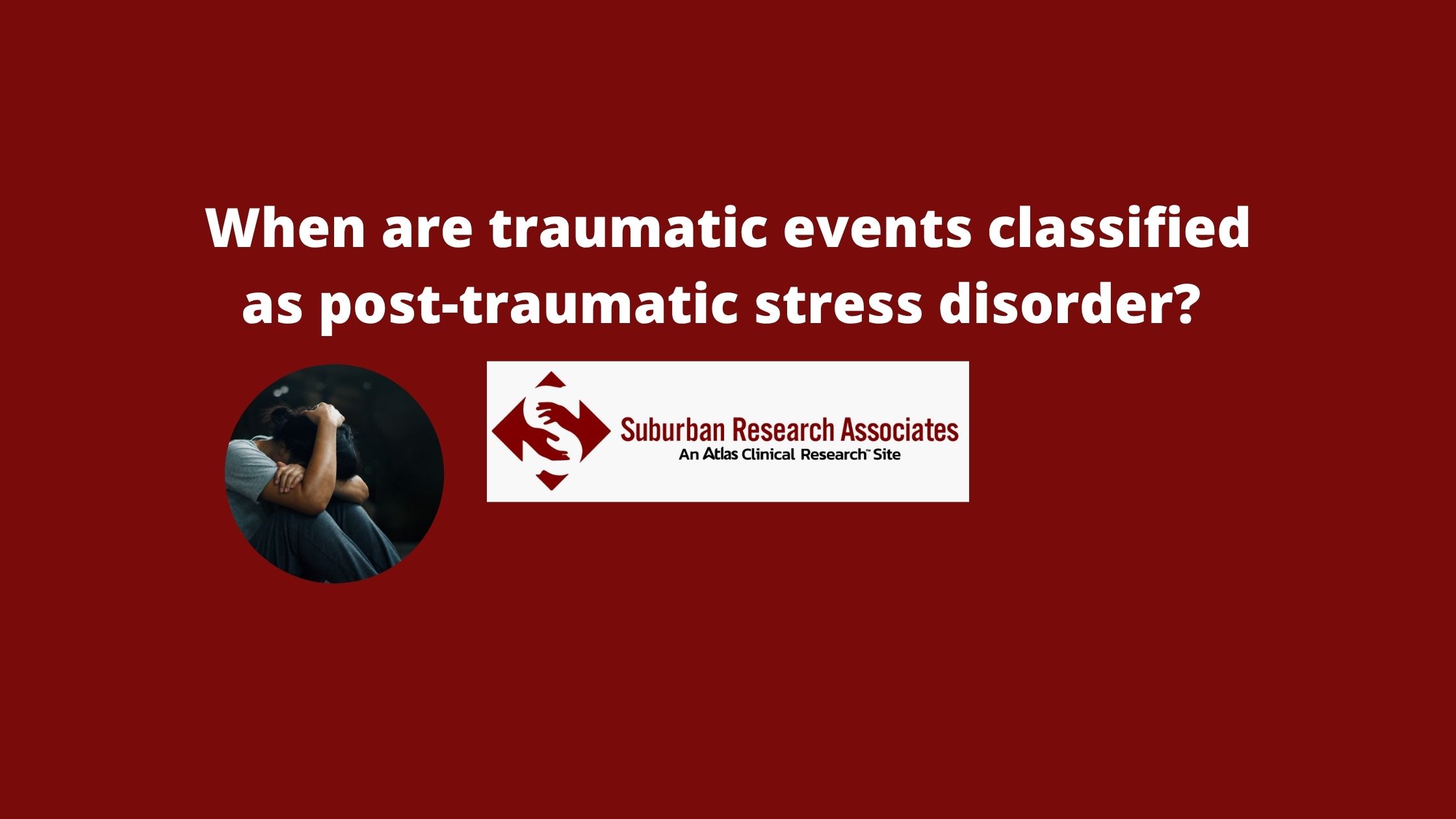Attention Deficit Hyperactivity Disorder or ADHD is a condition that can impact attentiveness and/or hyperactivity. However, it’s often more than just concentration difficulties or being “overly hyper”. ADHD can also come along with anxiety or persistent worry. Join us as we take a closer look at ADHD and anxiety.
What is ADHD?
ADHD is a condition that impacts both concentration/focus and/or hyperactivity or impulsivity. It can be classified by different types: Inattentiveness (difficulty sustaining attention, difficulty concentrating/focusing), hyperactivity/impulsivity (over-activity/impulsiveness), or combined type (both of the above) (NIMH, 2024).
Signs and Symptoms:
The signs and symptoms of ADHD will vary from person to person depending on which type one has. They can include:
- Short attention span
- Difficulty with organization
- Forgetfulness
- Making careless mistakes
- Moving from topic to topic
- Fidgeting
- Constantly moving or feeling the urge to move
- Unable to sit still
- Unintentionally interrupting
- Acting impulsively or without thinking
- Talking excessively
Signs and symptoms vary also depending on age. Children may experience more hyperactivity or difficulties with schoolwork while adults may struggle with work or managing important life tasks.
(NIMH, 2024).
ADHD with Anxiety:
Anxiety of course is a state of worry. It can come in all different forms. However, it’s common for anxiety to be present in individuals with ADHD. This can be for a variety of reasons. The lack of concentration may lead to missed deadlines, delays in doing things, schedules piling up, etc. all of which can spark natural feelings of anxiety or worry. In addition, feeling hyperactive can lead to anxiety because one might not be able to sit still for long periods, the need to fidget, etc.
Treatment Options:
ADHD is commonly treated with a combination of therapy, coaching, and/or medication. If you or your child is experiencing any of the above symptoms, it’s important to talk to your doctor or other health care professional to determine if you or your child could have ADHD and discover the right treatment approach for you (NIMH, 2024).
At Suburban Research, we strive to continue advancing science and treatment options for a variety of psychiatric conditions. We will soon be enrolling for our ADHD with Anxiety study. Contact us here or give us a call at 610-891-7200 to be contacted for future studies!
Resources:
For more information, visit the National Institute on Mental Health website.




